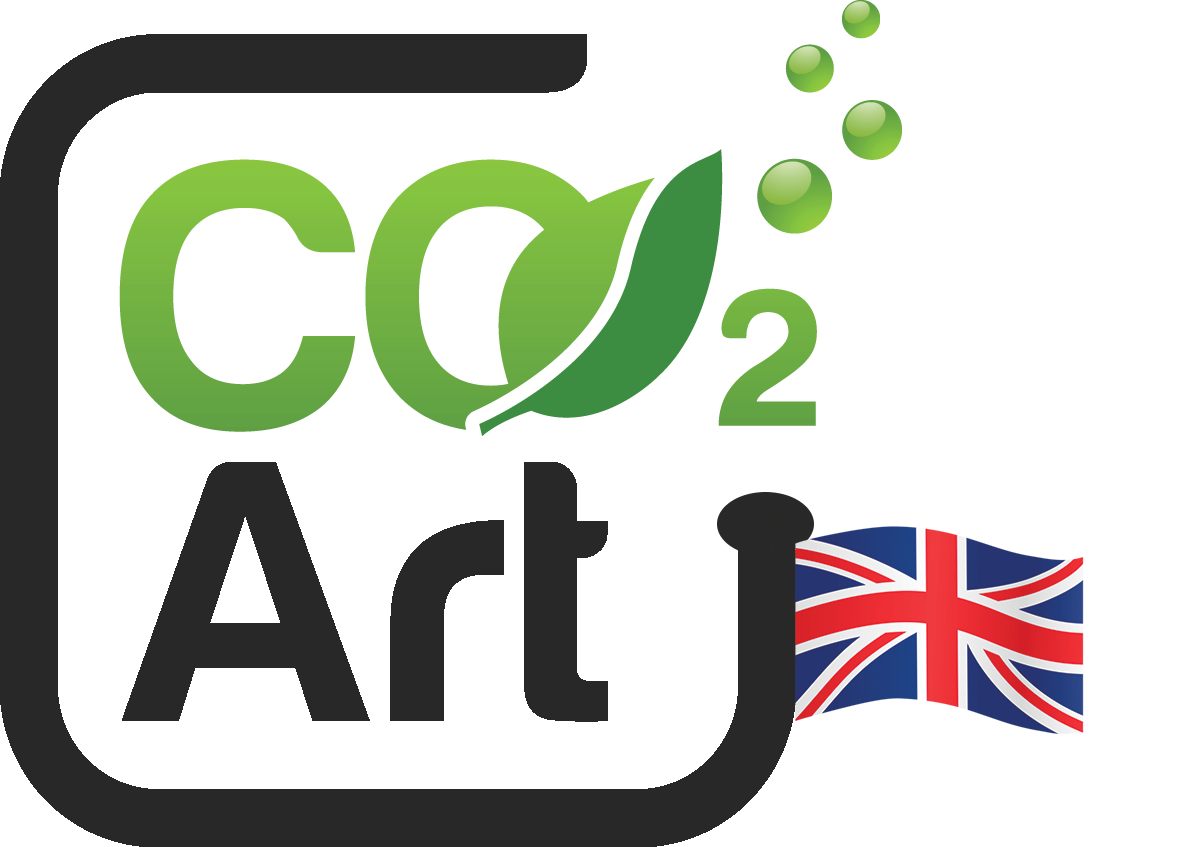Prophylaxis in fish is more effective than treatment- I think every aquarist can admit it, especially in the case of fish immune system which is not always strong, depending on the fish species and conditions present in the aquarium. A well-fed fish with strong natural and adaptive immunity is more likely to cope with stress (transport from farm to warehouse, store, customer’s home) and pathogens. In ready-made foods for ornamental fish, you can find many substances and raw materials whose ingredients affect the immune system, to be precize- immune cells e.g. stabilized vitamin C, beta-glucan, unsaturated fat acids, spirulina, Kelp algae, chlorella, probiotics, herbs, etc. If you want to support fish immunity look for these ingredients in food.
Talking about immune system is quite popular in times of COVID19. This article is not about b cells or t cells but will briefly explain what ingriedients we should look for while choosing fish food to support their immune organs, and in consequence- the whole immune system. The vertebrate evolution over many thousands of years has contributed to the acquisition of the innate immune system in fish. As the first vertebrates on earth were jawless fish, it can be said that the immune system of our aquarium fish is the result of the evolution of the first vertebrates. Like humans, fish have innate immune system but also- as in case of humans- not everyone is a superman and therefore needs sumplements supporting his immune system. Mammalian immune system of course differs from the fish immune system so different ingridients are needed for both groups. But today let’s focus on our little friends’ diet that has a great impact on their adaptive immune system.
Stabilized vitamin C
Stabilized vitamin C is L-ascorbic acid 2-polyphosphate resistant to high temperatures. Vitamin C reduces stress, stimulates the immune system, strengthens the walls of blood vessels and increases the rate of wound healing. Actually why stabilized vitamin C is better than raw vitamin C? The answer is easy. It simply doesnt leach out of the water. Moreover raw vitamin C is not stable which means that it loses its positive properties while subjected to feeding processing, heat and air. Such a form of vitimin C would not support immune system of the fish. Looking for stabilized vitamin C in fish food is definitely a good idea.
Unsaturated fatty acids
Unsaturated fat acids, including long-chain omega-3 and omega-6 fatty acids, accelerate tissue regeneration, including the skin. They improve the functions of the skin as a protective barrier, and are also the building blocks of tissue hormones – prostaglandins and reproductive cells. Fish covers part of the demand for omega-3 and omega-6 fatty acids by producing them from simple fatty acids, which they receive with food. However, in the case of carnivorous and marine fish, it is also necessary to supply ready-made omega-3 fatty acids. Because the ability of these fish to transform simple unsaturated fatty acids is small.
Beta-1,3 / 1,6-glucan
Beta-1,3 / 1,6-glucan is a polysaccharide obtained from the walls of yeast cells. It is a natural immune stimulator that directly affects macrophages, increasing their ability to phagocytose foreign cells and their own cancer cells. This ingredient is found in many foods as a factor supporting the resistance of fish.
Algae
Algae are exceptionally valuable food ingredients for aquarium fish. Spirulina (Arthrospira platensis) deserves special attention. Its value in food for fish is determined, inter alia, by a very high protein content (62-68%), which is highly digestible (90%). In addition, the spirulina protein contains most of the essential amino acids for fish. The cell walls of this cyanobacterium are made of mucopolysaccharides that act as immunostimulants. There is 3 times more chlorophyll in spirulina cells than in plants. Chlorophyll reduces the number of putrefactive bacteria in the digestive tract. Due to the high content of carotenoids, especially beta-carotene, foods with spirulina intensify the color of fish. In addition, they support their immune system. Thanks to the content of so many different substances, spirulina has a revitalizing effect and supports the functioning of the immune system of the fish.
Among the algae, chlorella and kelp algae are relatively often used as food additives for aquarium fish. Chlorella is known for its high concentration of chlorophyll (7% dry weight) and high protein content (45 – 57% dry weight), rich in essential amino acids. Health-promoting properties are attributed to the chlorella Growth Factor. The composition of this factor includes nucleic acids, proteins, amino acids, vitamins and minerals. Kelp algae, on the other hand, are a mixture of seaweed belonging to brown algae. They are rich in minerals, including well-absorbed organic iodine compounds, essential fatty acids and vitamins. Their addition has a positive effect on the metabolism and general condition of the fish.
Herbs
They play an important role in the preparation of water, they are a component of both ready-made and home-made foods. Herb species you may find in food for aquarium fish are e.g.: garlic, nettle, aloe (Aloe vera), oak bark and ketapang, or Indian almond (Terminalia catappa).
Some species need more care!
Although many species have innate and adaptive immunity, some species need more attention regarding this topic. For example, very common inhabitant of our tanks- betta splenden. This fish is very sentitive to water temperature changes so strengten their diet with beneficial ingridients affecting their immune system.
Summary
As you can see, there are many important ingredients that can positively affect your fish immune system selected in the path of vertebrate evolution. While choosing food, focus on additives that are beneficial for your fish health, not only on the price and brand 😉


Comments ( 13 )